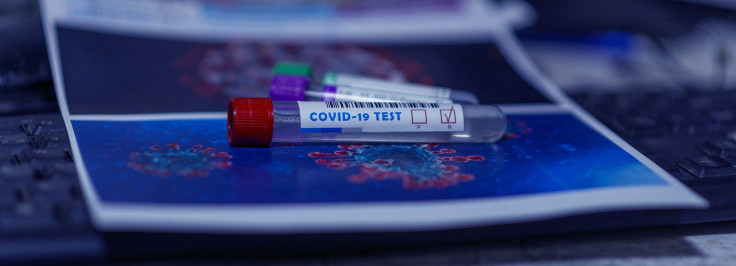6,000 US Kids, Parents Perform DIY Tests At Home For Coronavirus Research

KEY POINTS
- The degree to which kids can transmit coronavirus remains unknown
- In a new DIY study, 2,000 families with kids perform nasal swab tests at home
- The findings are expected to predict the safety of resuming in-class education
Around 2,000 families in 11 different cities have enrolled in a DIY study that is aimed at finding out answers to some of the most vexing questions about COVID-19.
As the world fights the ongoing pandemic, people apart from the high-risk group, especially children are been increasingly infected with the novel coronavirus. More than 97,000 pediatric cases of COVID-19 have been reported in the past couple of months alone, according to the American Academy of Pediatrics. Experts opined that there is still no clarity about the degree to which children can transmit the virus.
Previous studies from the U.S., China, and Europe reported that kids aren’t as likely to catch the coronavirus compared to adults and that they were less likely to get seriously ill if at all they did. Evidence also suggested that young kids do not spread SARS-CoV-2 very often, whereas, those aged 10 and above might spread it as much as the adults. The new DIY study aims to find more evidence pertaining to this.
"If we don’t see significant transmission within households, that would be very reassuring," the study’s lead author Dr. Tina Hartert of Vanderbilt University told U.S. News.
The Study:
Around 2,000 families, that is, 6,000 people residing in 11 different U.S. cities, have enrolled in the DIY study. It is a contact-less study where the testing supplies will be mailed to their homes.
The participants collect their own nasal swabs for coronavirus testing. Although less often, they also collect blood and stool samples. The specimens will then be mailed to the researchers. The participants will be getting text messages enquiring about their symptoms (if any). They also receive timely reminders to test and fill out questionnaires.
The findings of the study could provide inputs on whether or not to reopen schools. However, the results won’t be out until the end of the year. The study is also investigating whether kids suffering from asthma or allergies might have any protection against the novel coronavirus.
"We were excited to be able to feel like we could contribute somehow. This virus is so unknown. Any little bit we can do felt like we were doing something to help," study participant Mendy McNulty told U.S. News.
She is interested in finding out what happens when her children return to their schools in mid-August.
© Copyright IBTimes 2025. All rights reserved.






















